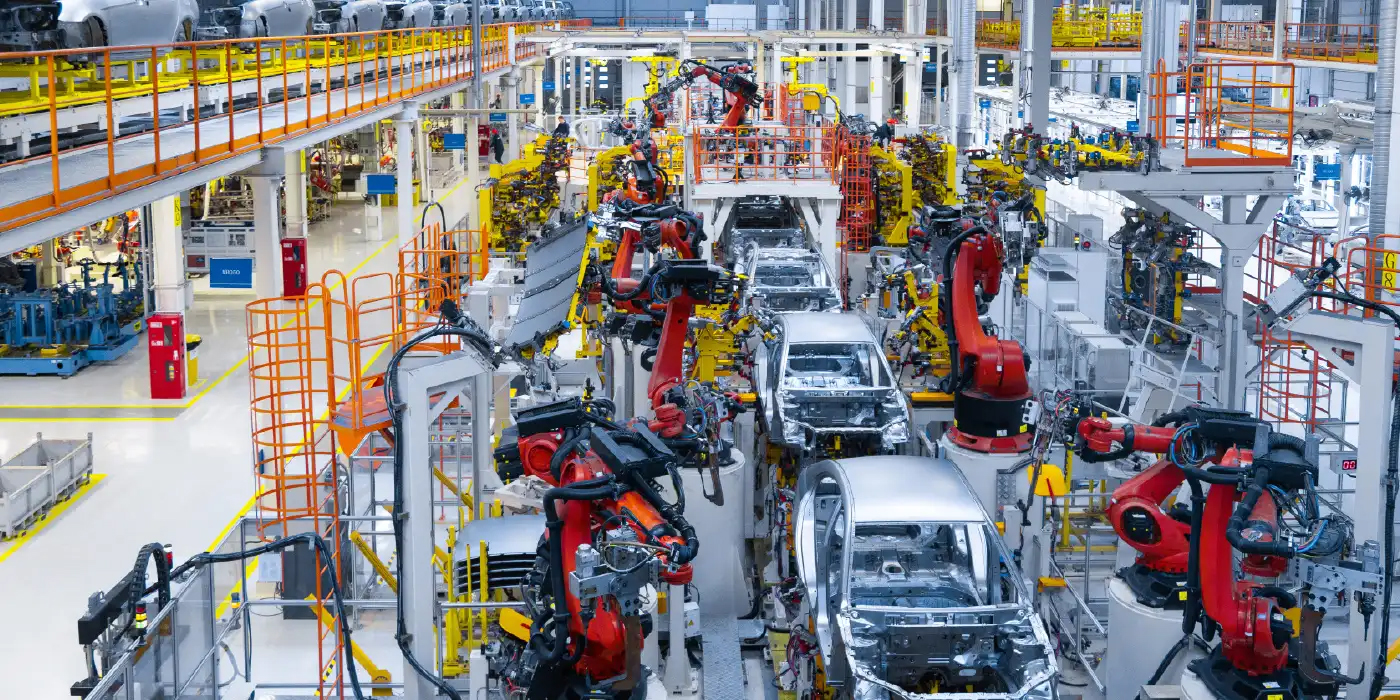 Earlier this month at the Web Summit in Lisbon, there was a panel discussing the skills needed to survive in the coming technological revolution. The panel was covered in an article in ITU News.
Earlier this month at the Web Summit in Lisbon, there was a panel discussing the skills needed to survive in the coming technological revolution. The panel was covered in an article in ITU News.
The technology evolution
Think for a moment about how many jobs did not exist 10 years ago. There are even more that did not exist 20 years ago. Researchers forecast that as technology evolves, many jobs that exist today will vanish in 20 to 30 years. In fact, they forecast that 65 percent of children in primary school will take jobs that we do not have yet. So how do we future-proof our job skill set?
Coding skills highly valued
According to Apple CEO Tim Cook, in today’s marketplace, computer programming skills are both valued and in demand. Cook even added that learning to code is more important than learning English as a second language. Yet, change is coming. Within 20 years, we may have artificial intelligence (AI) engines that can write code.
Soft skills – still most important for the future workforce
Every time we have a technological revolution, we hear dire warnings of wide-scale unemployment. However, up to this time, every technology revolution has created more work for human beings, in new jobs that required the same intellectual and interpersonal skills. Communication skills, teamwork and critical thinking are the skills that are always valued, as are problem solving and social skills.
Digital skills – keys to sustainable growth
In today’s economy, digital skills seem to be keys to sustainable growth. “They lead to more jobs and higher pay.” Nevertheless, the high speed of technological change has left massive skills gaps. Many openings for positions remain unfilled for months at a time.
European skills shortages
Europe has a huge problem with youth unemployment; 43 percent of Europeans don’t have basic digital skills. Moreover, 10 to 25 percent of teachers are not trained to teach these skills either. Currently, 1.5 million people work in Europe’s digital economy; plus, due to rapid technological change by 2020, Europe will have a 750,000 shortfall of skilled people. (This fact reminds me of the title of our most recent business bestseller “Impending Crisis: Too Many Jobs, Too Few People.”)
Continentally addressing the issue
The European community has addressed this issue by bringing together government, private sector and non-governmental organizations with the goal of training some 1 million people by 2020. There is an agreement that each of the 28 member states will develop a digital skills strategy, including mainstreaming digital skills in education.
What has been needed – and still is
What is needed is a global emphasis on workforce development – a global support for teaching hard, digital and soft skills, worldwide. Only then may we reverse the significant workforce shortages and truly address the issues of growing unemployment.
Special thanks to Lucy Spencer and ITU News for articles on these important topics.














